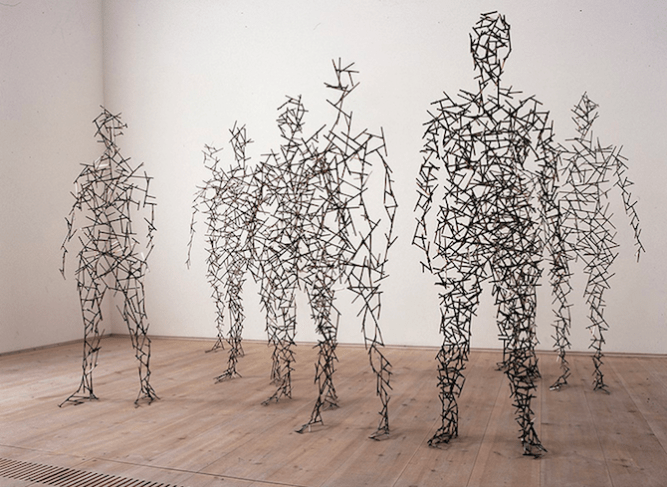By Eniko Takacsy on May 23, 2018
A new paradigm shift is in progress in mental health towards less acknowledged and more implicit processes that are unconscious and inaccessible for introspection.

Our Bodies as representations
Concurrently, the unification of mind and body slowly advances by integrating the findings of neuroscience, mindfulness and body-oriented research. According to a counselling theoretician, the current movement in counselling philosophy evolves within the social constructivist framework. This radically claims that there is no individual psychology, as we cannot separate the individual from its social context. Interdependence, intersubjectivity, setting and dissolving boundaries are key attributes in the development of our entities. Unmistakably, our bodies and minds are both manifest and latent vehicles of these relational constructs.
Uncounscious Memories
Numerous fascinating research has been carried out on the ability of the body to remember. Recent psycho-physiological investigations into developmental traumas (the harmful effects of the environment, such as abuse, emotional deprivation, or all the factors that disrupt or arrest the child’s personality development) show that our bodies carry the imprint of our childhood experiences from the pre-verbal stage (and even from the prenatal stage) in the form of bodily sensations, which are unconscious. What is more, bringing these sensations into awareness by means of psychotherapy enhances the recognition of the patterns we tend to use for organising our experiences and processing information. Empirical examinations indicate that our bodies can reveal transgenerational entanglements with our ancestors. These habitual patterns are responsible for our repetitions freezing us into a life-restricting neurosis. Many say that the body is the unconscious itself.
Ask Your Body
With this in mind, it may be useful to connect with our bodies and bodily sensations more frequently. Then gently put the simple question: how are you?